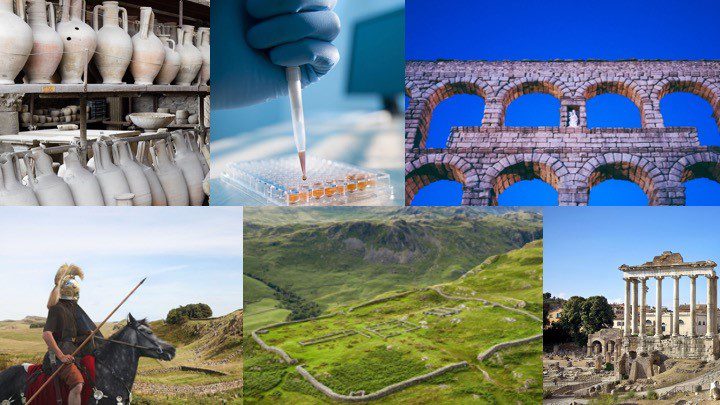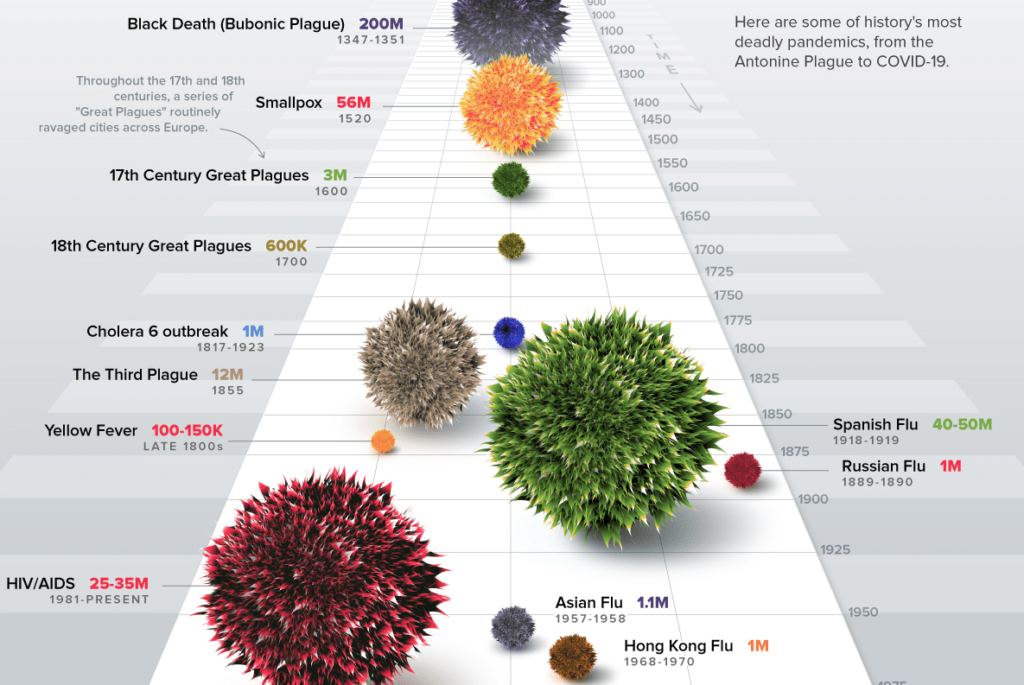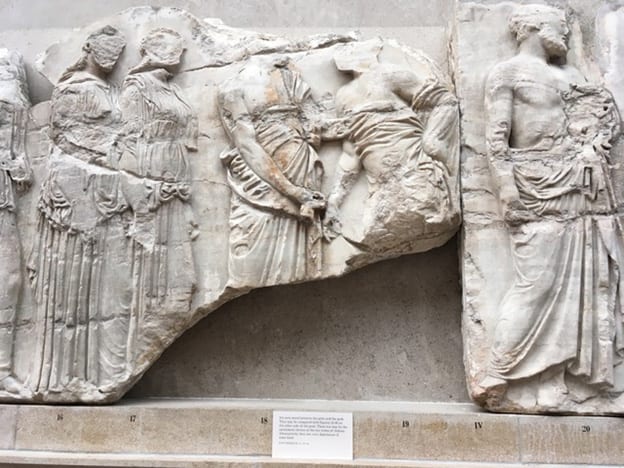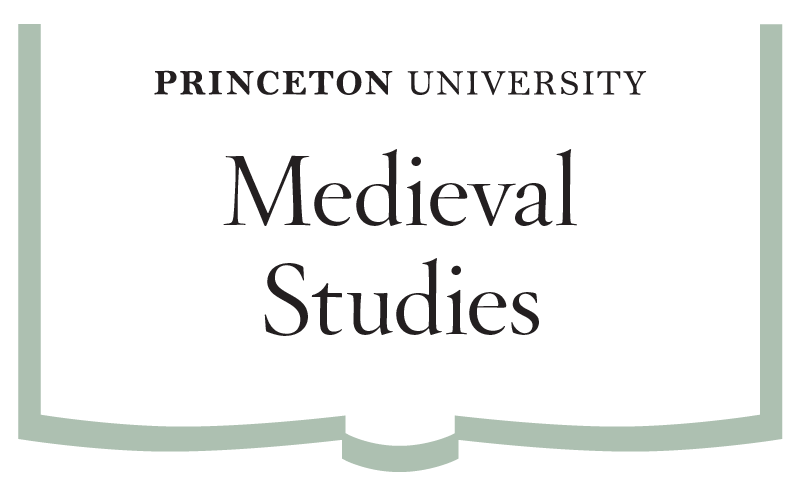CURRENT COURSES
1. The Science of Roman History
CLA 247/HUM 249/STC 247/ENV 247
https://registrar.princeton.edu/course-offerings/course-details?term=1224&courseid=015395
Roman history courses usually cover the grand narratives based on the more traditional, literary evidence. Usually these courses leave no room for discussing how knowledge is created and the new and different methods for studying ancient history. This course instead looks at different questions to shed light in fruitful collaborations between scholars from different fields. Students will engage with STEM as they consider humanistic questions. Through different case studies and hands on activities, students will learn about different scientific, technological and mathematical methods and how knowledge of the past draws on multiple disciplines.

PAST COURSES
1. The Art & Archaeology of Plague
ART 361/HIS 355/MED 361/HUM 361
https://registrar.princeton.edu/course-offerings/course-details?term=1214&courseid=015895
In this course, we will examine archaeological evidence for and art historical depictions of plagues and pandemics, beginning in antiquity and ending with the COVID-19 Pandemic. The course will explore bioarchaeological investigations of the Black Death, the Justinianic Plague, and other examples of infectious diseases with extremely high mortalities, and students will complete six “Pandemic Simulation” exercises throughout the semester. We will also consider the differing impact of plagues during the medieval, early modern, and modern periods: themes in art; the development of hospitals; and the changing ideas of disease and medicine.

2. Ethics in Archaeology
ART 402/HUM 406/MED 402/HLS 401
https://registrar.princeton.edu/course-offerings/course-details?term=1214&courseid=015896
This seminar will explore ethical dilemmas in past and current study and practice of archaeology, cultural resource management, museum studies, and bioarchaeology. We will consider conflicts between living communities and archaeological research; the ethics involved in bioarchaeological research; the acquisition and display of items in museums or private collections; and the nature of archaeological inquiry itself. Twice-weekly meetings (once as a class, once in small groups) will be accompanied by written assignments and an in-class debate, as well as a student-directed final paper.













